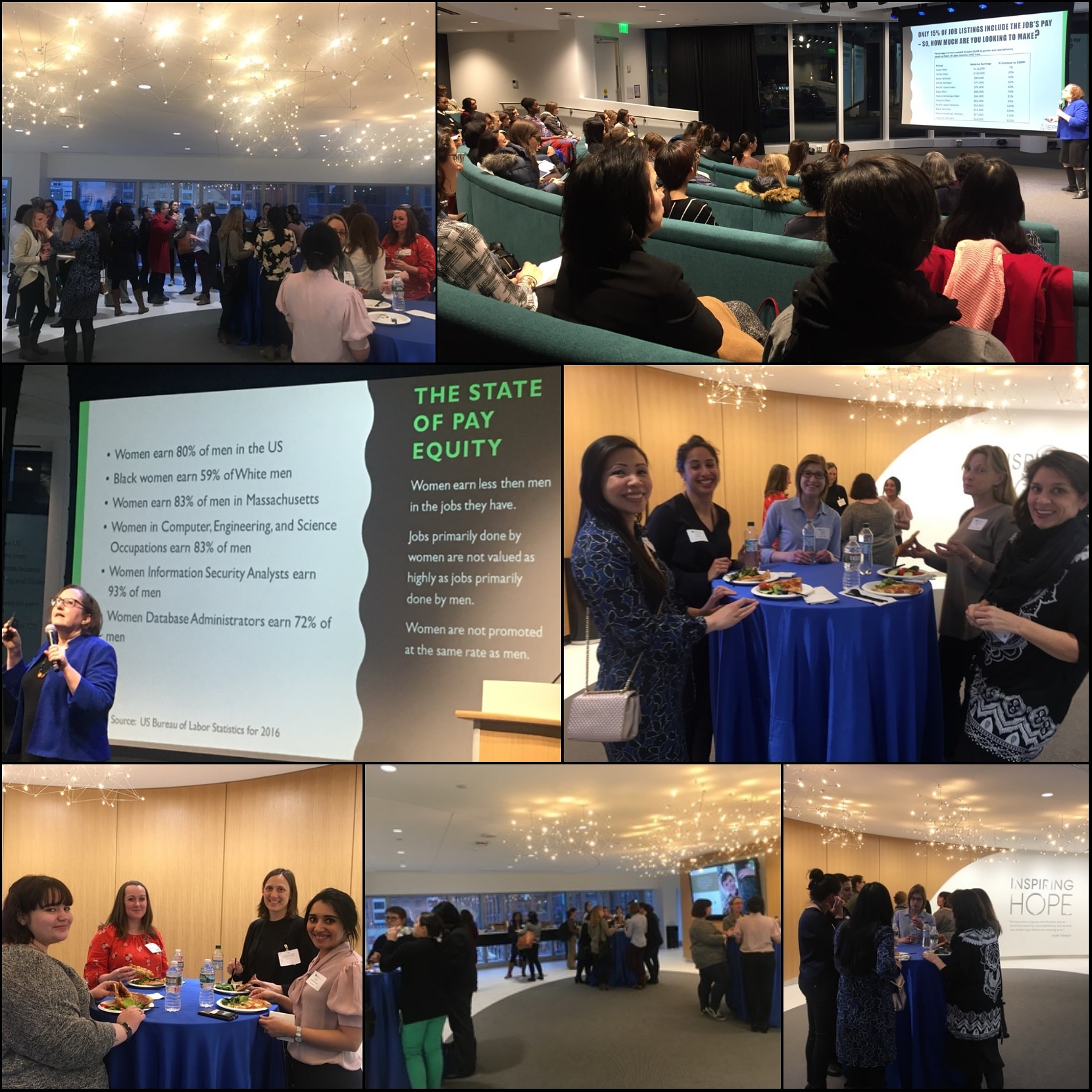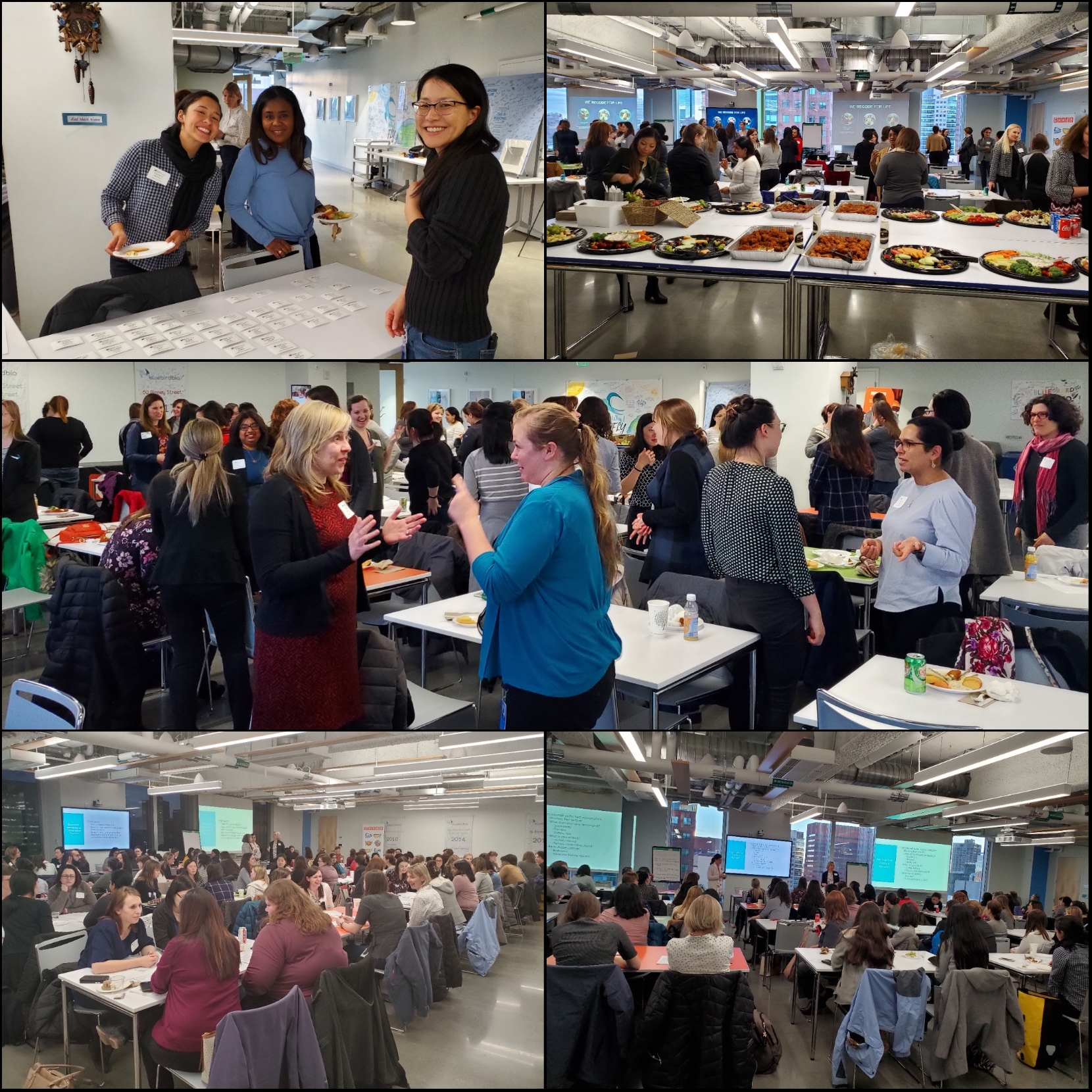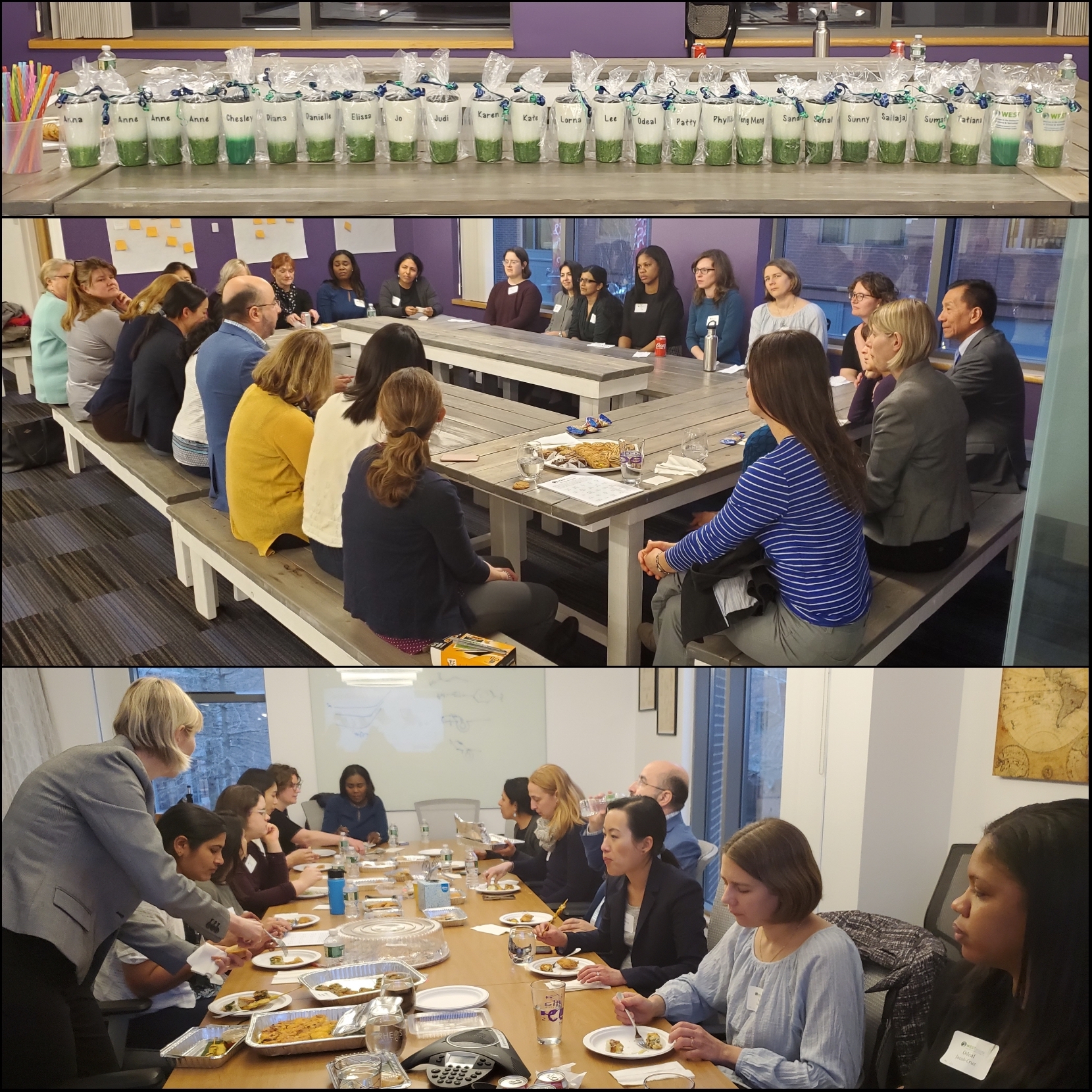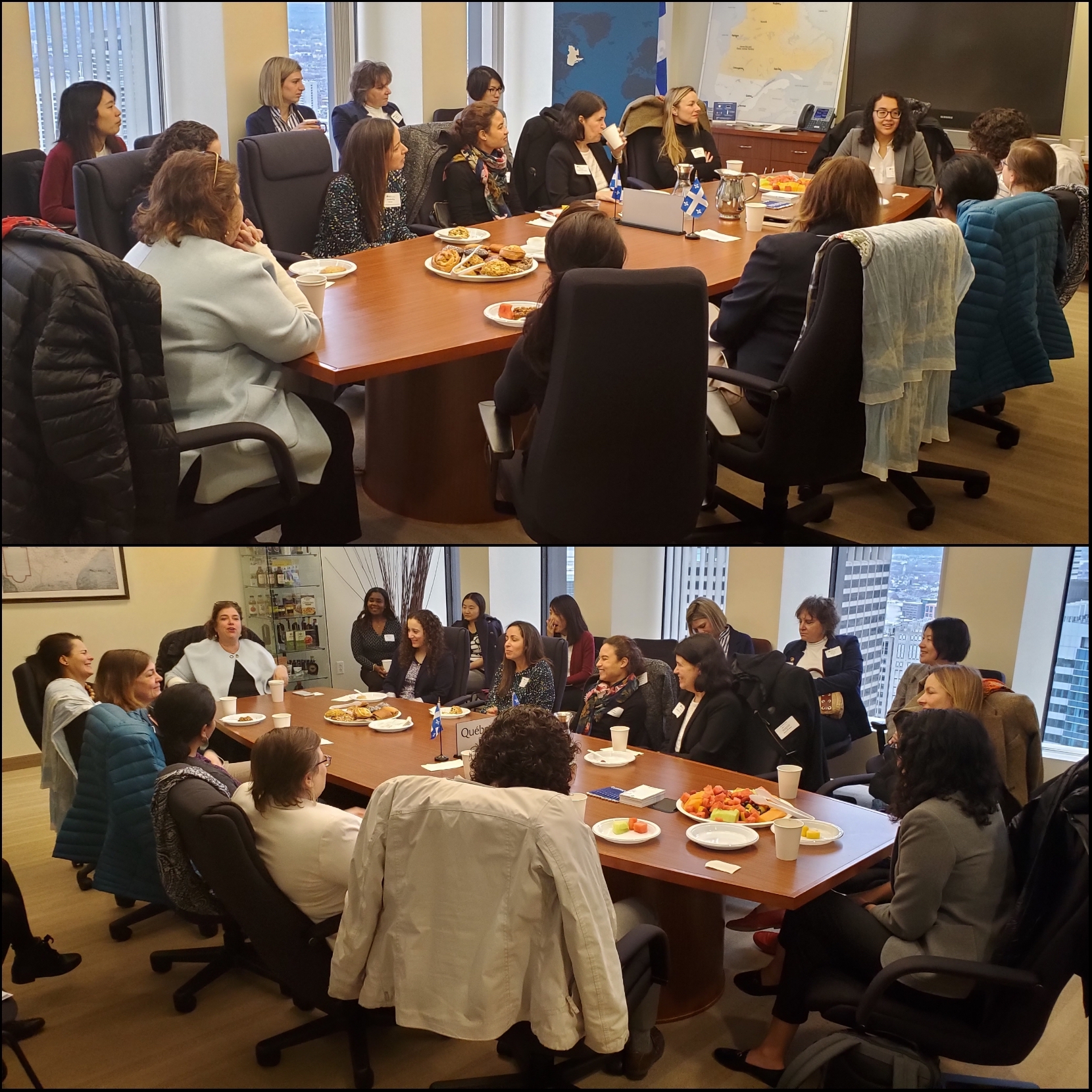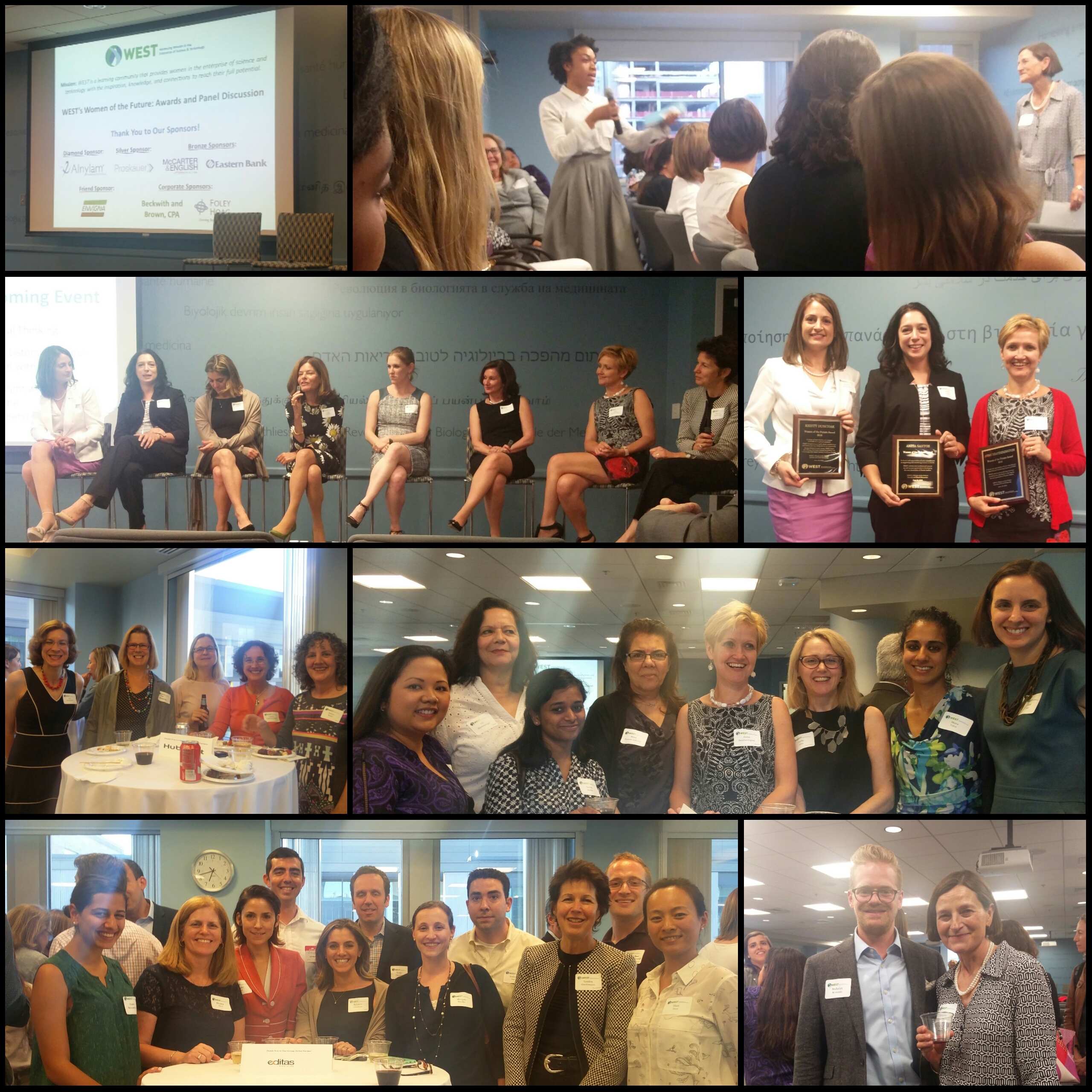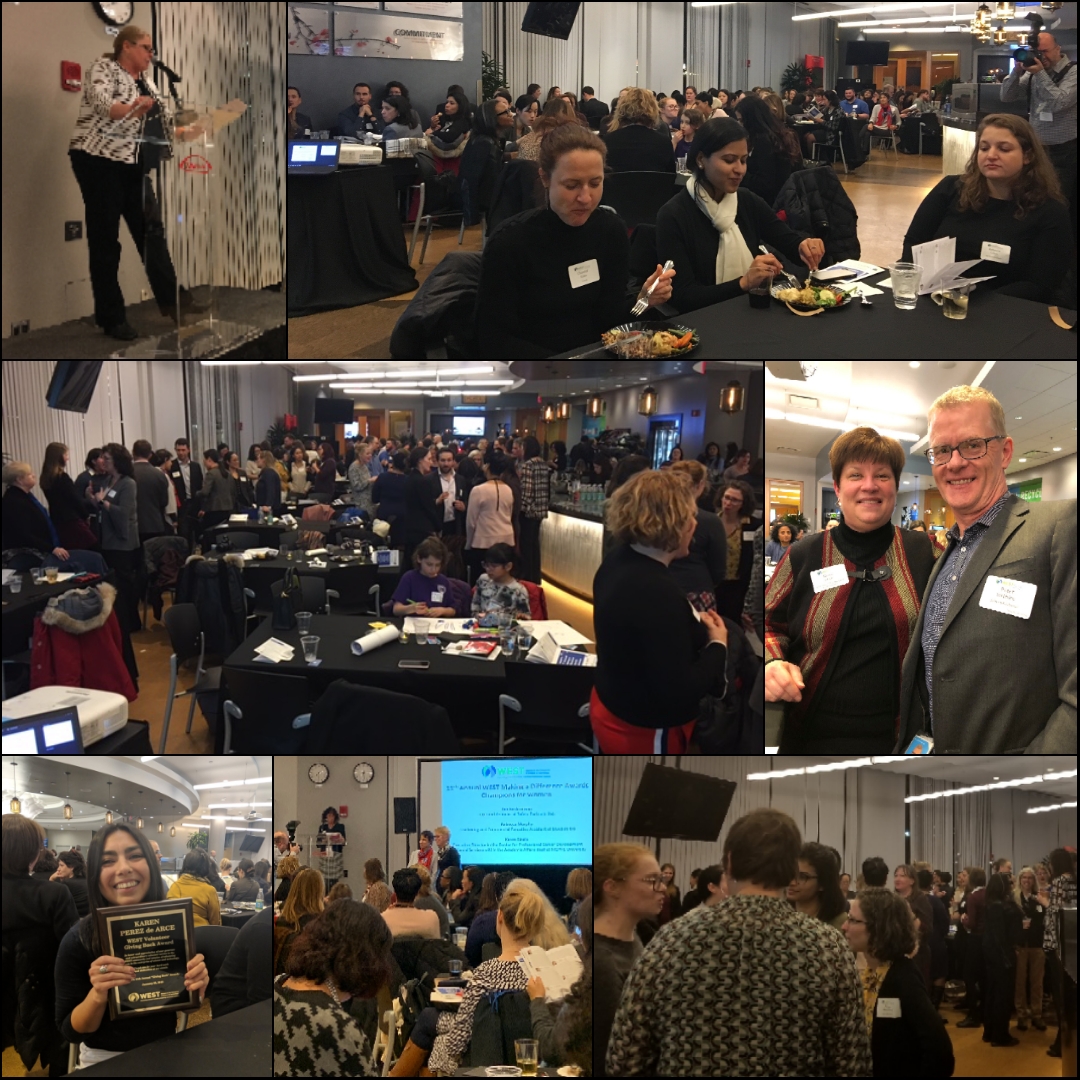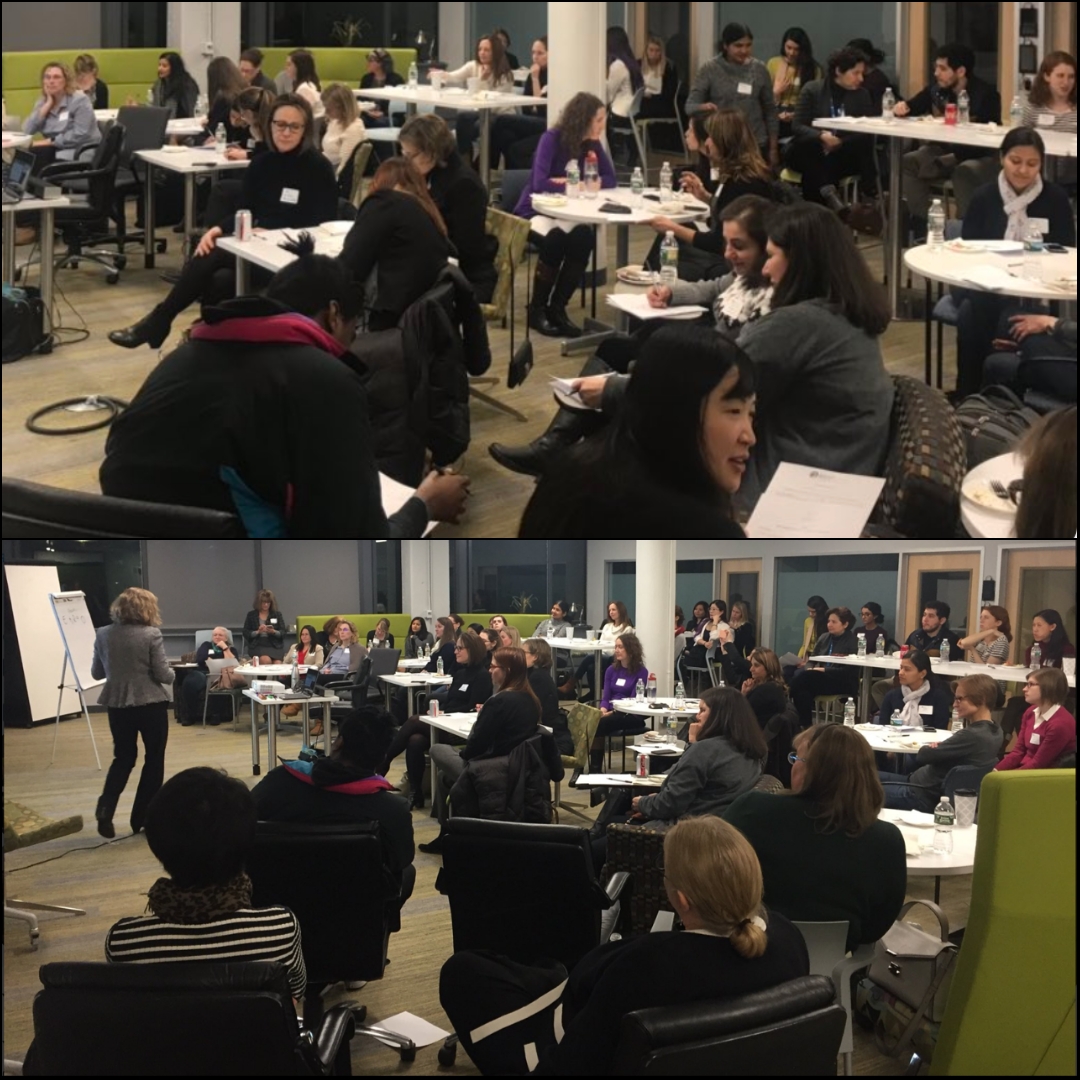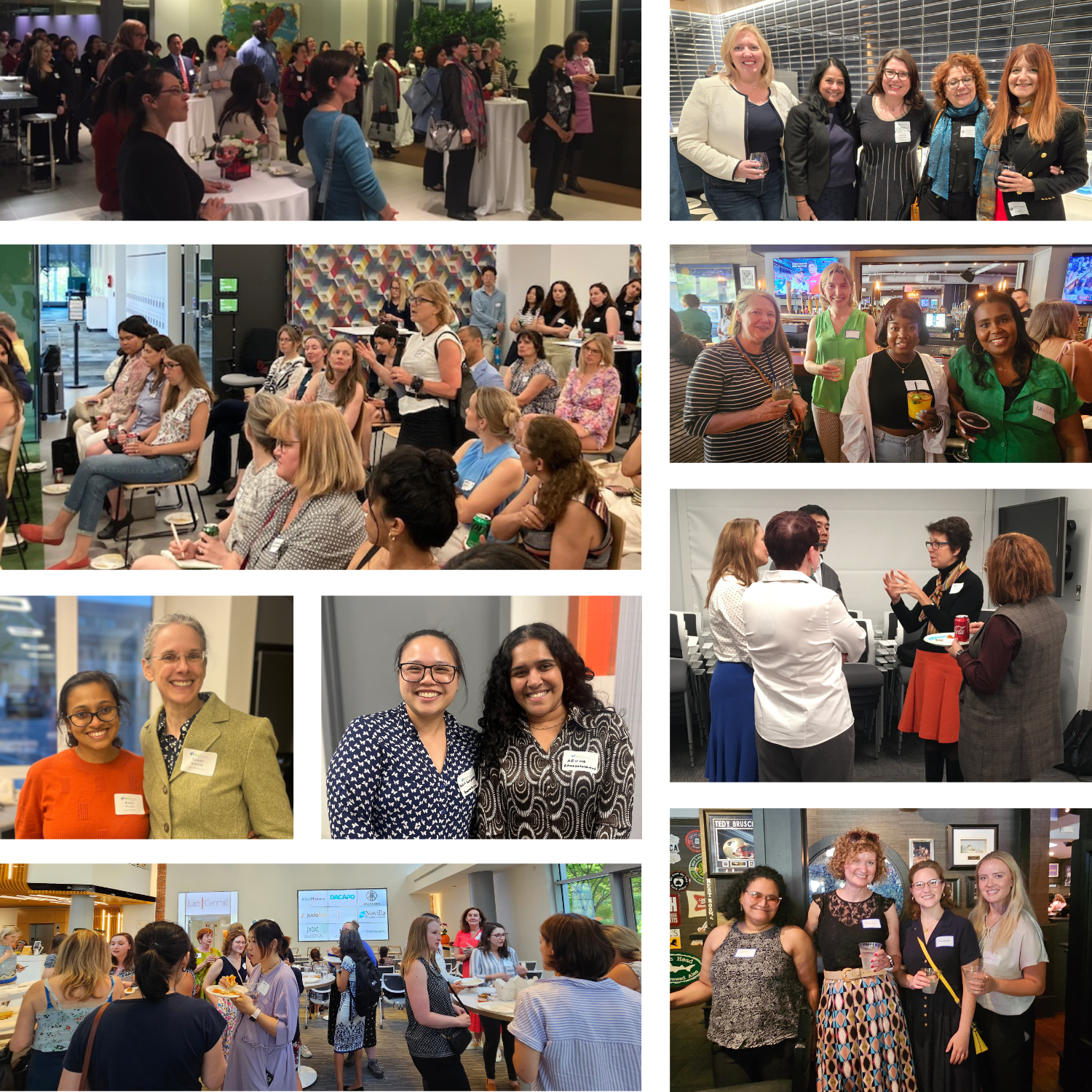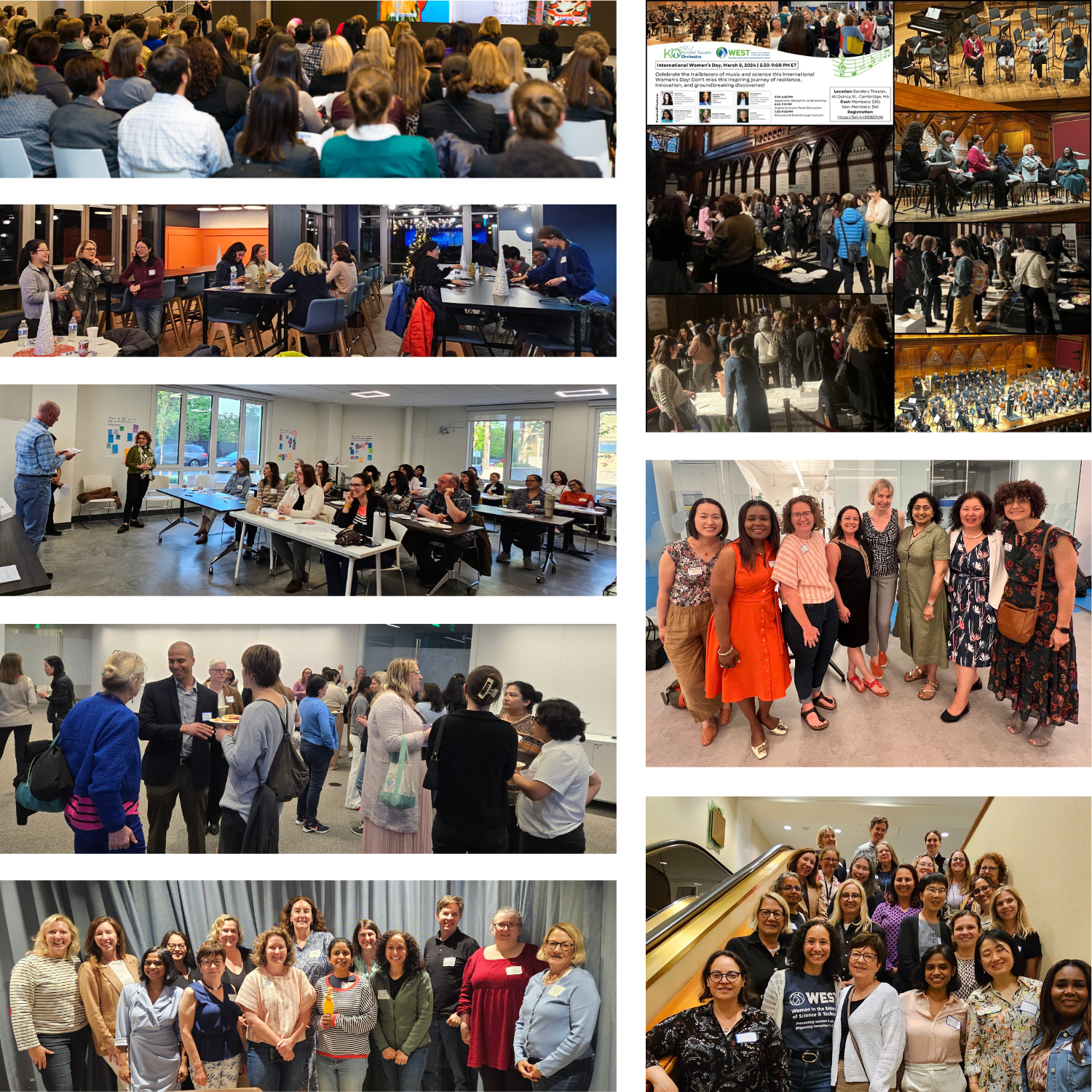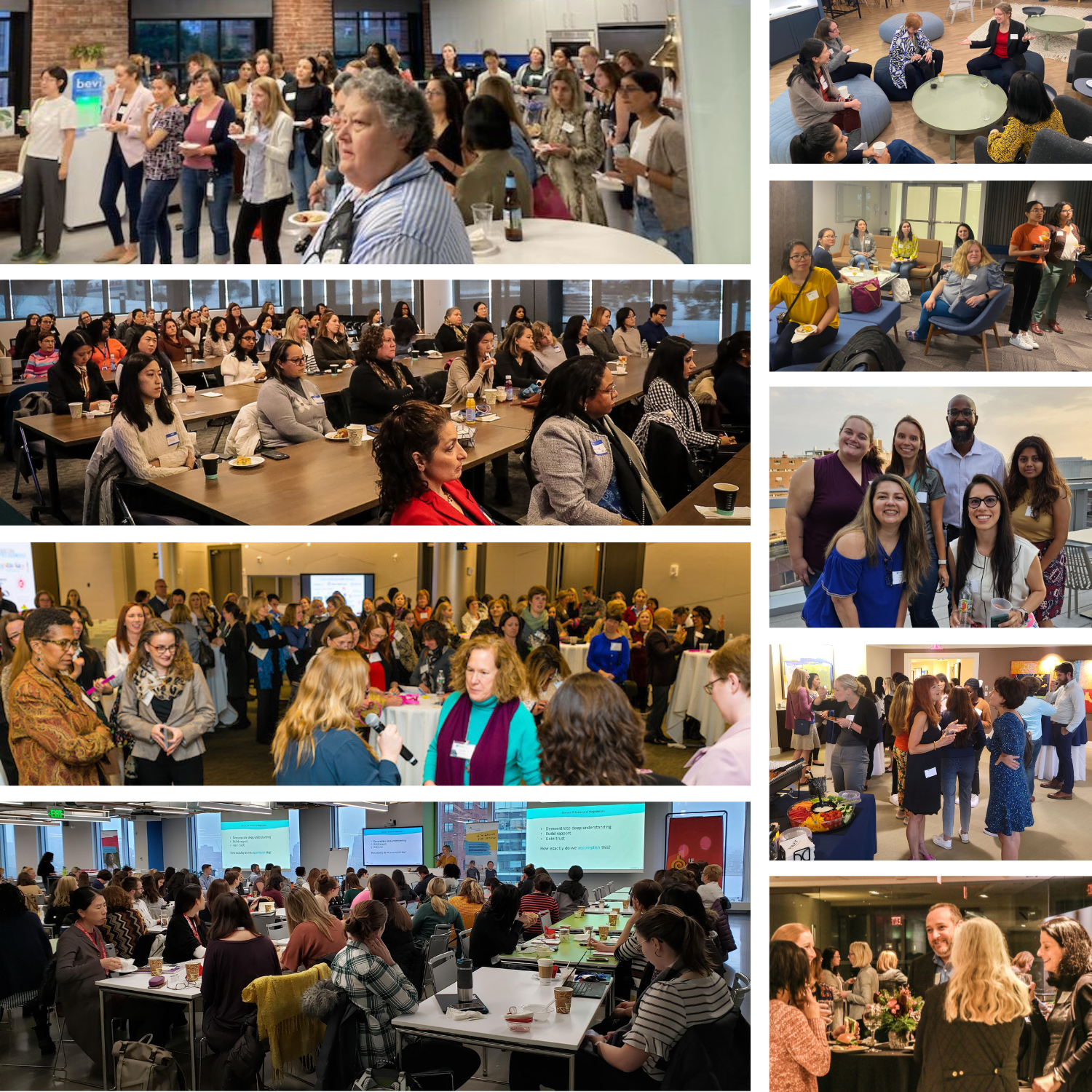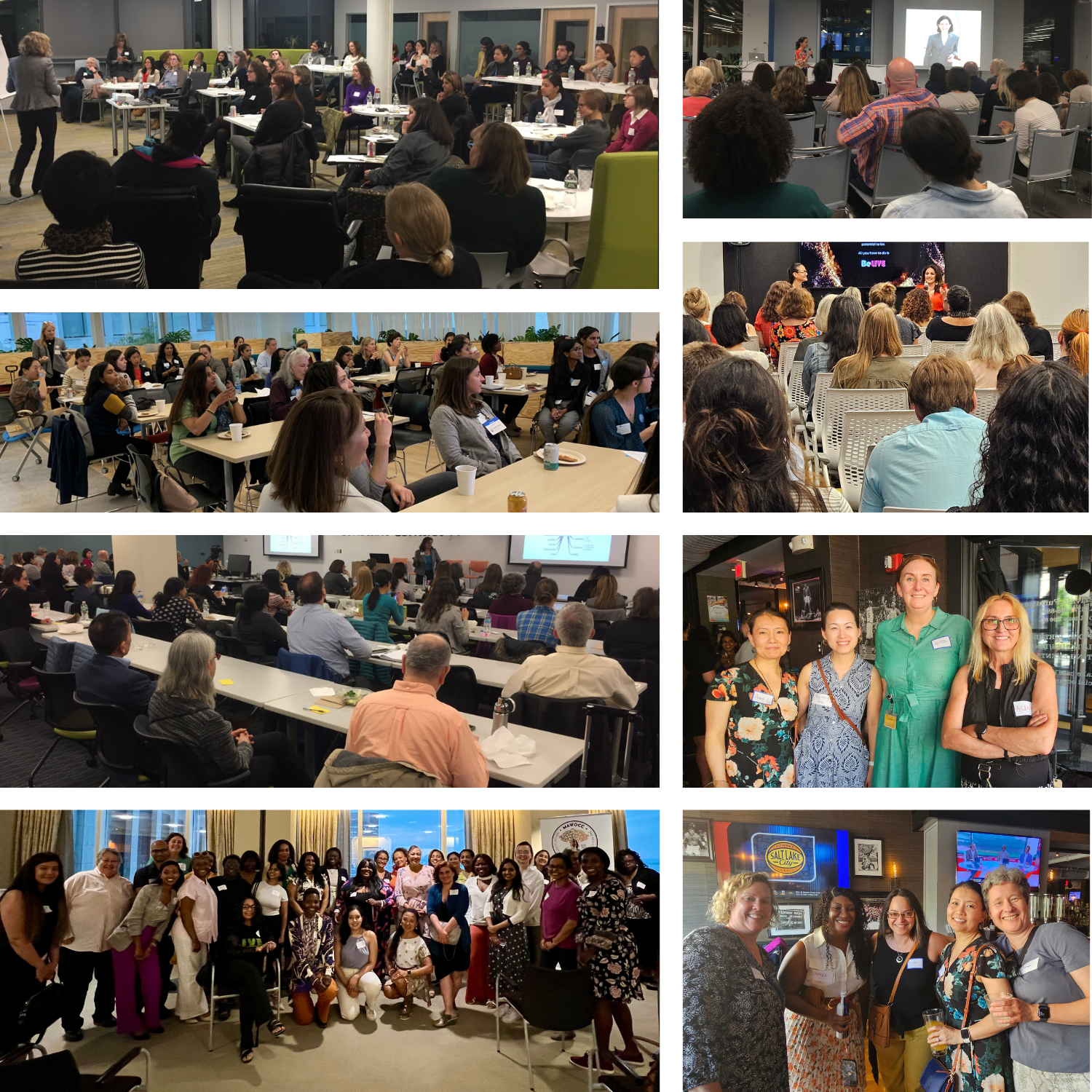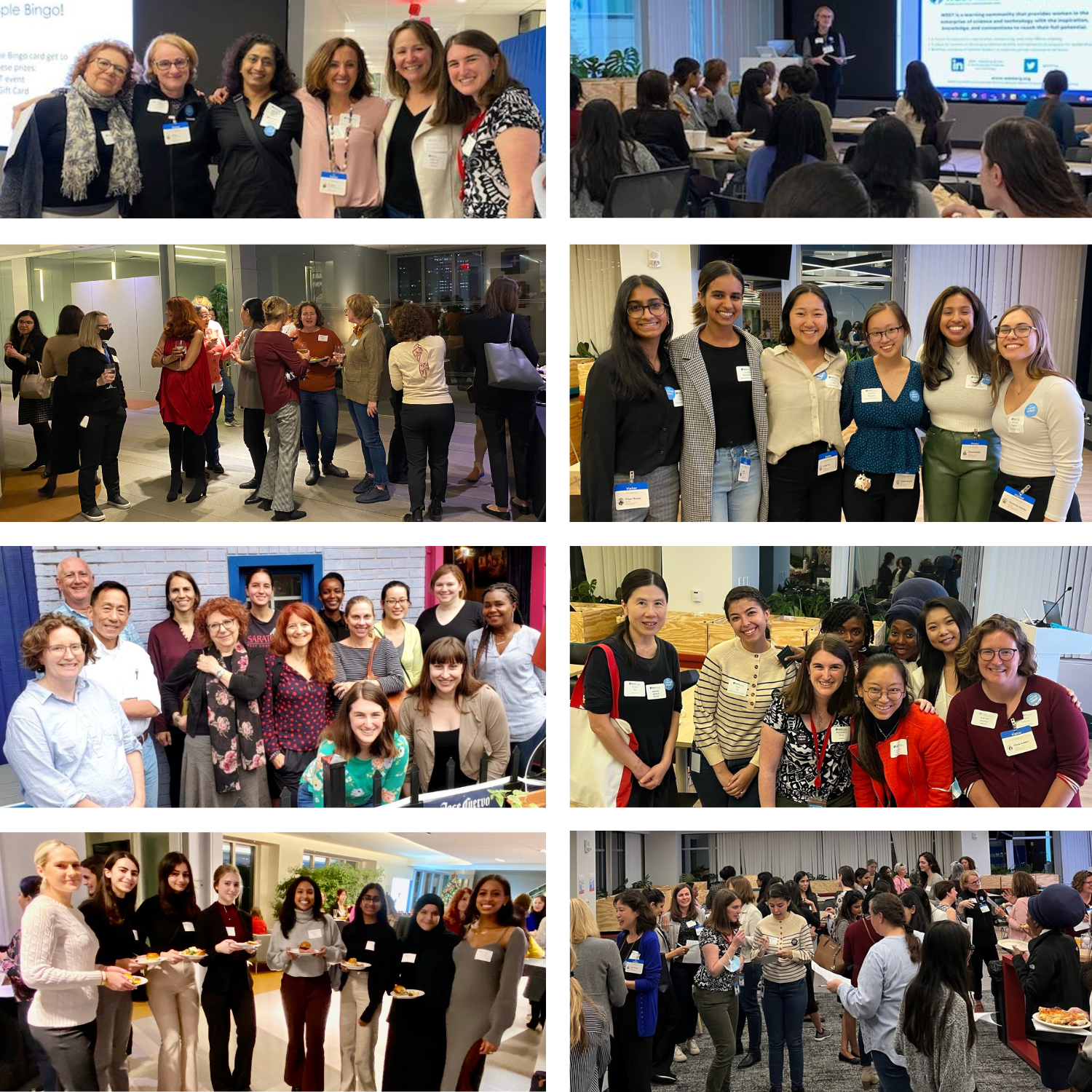'Women Don't Ask'EFFECTIVE NEGOTIATION STRATEGY WORKSHOP Twitter: #WESTnegotiate Description: Whether they want higher salaries, enhanced career opportunities, or more help at home, women are much less likely than men to ask for what they want. Women pay for this reluctance in every aspect of their lives—from under-utilization of their skills at work to strained relationships and health problems at home. They advance more slowly professionally and often fail to rise into positions for which they’re well qualified—and where they have a lot to contribute. These are losses that women (and their employers) don’t need to suffer. By mastering a few basic principles, planning carefully, and practicing, anyone can become an effective negotiator. This workshop will explore the causes of women’s propensity to avoid negotiating and look at “best practice” negotiation principles within the framework of the issues that impact women. It will show you how to recognize more opportunities to negotiate, set the right targets, and remain unfazed by the emotional dimensions of the interaction. In developing your own negotiating skills, you’ll also learn how to manage other women better by understanding the special strengths they bring to this essential form of workplace communication. Workshop Leader: Sara Laschever is the co-author, with Linda Babcock, of Ask For It: How Women Can Use the Power of Negotiation To Get What They Really Want and Women Don’t Ask: The High Cost of Avoiding Negotiation and Positive Strategies for Change.
Sara Laschever was a research associate and principal interviewer for Project Access, a landmark Harvard University study funded by the National Science Foundation, the Office of Naval Research, and the Bunting Institute. Project Access explored impediments to women's careers in science -- the hindrances, both internal and external, that prevent women from rising to the tops of their fields. For Project Access, Ms. Laschever interviewed over 200 scientists, both men and women, from all over the country, wrote biographical sketches of each, and summarized her findings in a lengthy document now archived at the Murray Center for Research on Women at Harvard University. Ms. Laschever's work on Project Access contributed to the publication of two seminal studies in this field, Gender Differences in Science Careers: The Project Access Study and Who Succeeds in Science? The Gender Dimension, both by G. Sonnert, assisted by G. Holton. She has worked as a writer and editor for almost 25 years and her work has been published by the New York Review of Books, the New York Times, the Village Voice, the Harvard Business Review, Vogue, Mademoiselle, the Boston Globe, the Boston Phoenix, the Boston Review, and many other publications. She has taught writing at Boston University and privately edited books published by the Harvard Business School Press, Perseus Books, Hyperion Books, and Alfred A. Knopf. She also worked for three years as a senior writer and editor at Mercer Management Consulting in Lexington, Massachusetts. In 1994, Ms. Laschever co-founded the journal millennium pop, a quarterly journal (now a web-site) devoted to serious commentary about popular culture. She has appeared on the Boston area television discussion programs, "The Group," "Greater Boston," and "New England Cable NewsNight" as a cultural commentator. She earned her degree in English Literature from Princeton University and a master's degree in creative writing from Boston University.
Cost: Advance Registration (by 9pm, Tuesday May 17th): Event Location:
Preregistration ends Tuesday May 17th at 9pm.
|




